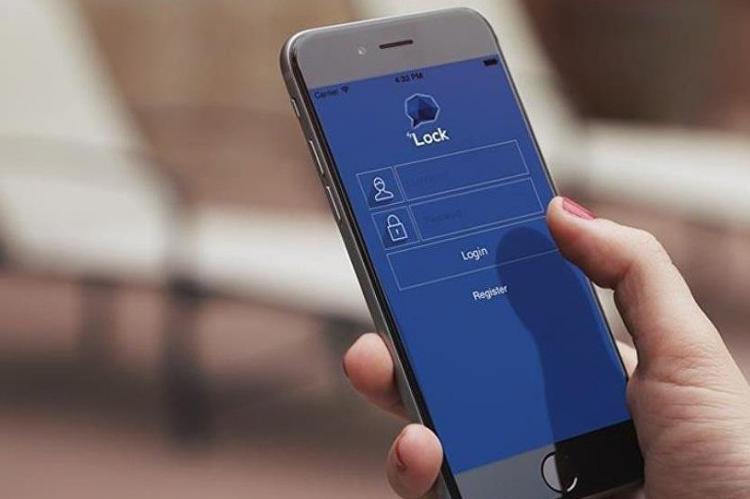Claim: ByLock “commercially available” chat app
Wall Street Journal article calls ByLock, encrypted smartphone application used by Gulenists, “commercially available chat app”
On 31 January 2017, an article on the arrest of a Turkish judge suspected of having links to what the Turkish government dubs Fetullah Terror Organization (FETO) was published in The Wall Street Journal. The article mentioned a smartphone application called ByLock “in addition to other commercially available chat apps” that were used by FETO members to communicate with each other, implying that it is just an ordinary commercial chat application.
“Mr. Akay [the arrested judge] has told Turkish investigators that he used ByLock, in addition to other commercially available chat apps, to discuss personal issues with friends, according to court documents reviewed by The Journal,” the article said.
ByLock is an encrypted chat application mostly used by FETO members to avoid government supervision after the group allegedly carried out controversial operations between Dec. 17 and Dec. 25 in the year 2013 when FETO-linked prosecutors, now living as fugitive abroad, launched a so-called corruption probe into government officials. The probes are widely seen in Turkish public opinion as having ulterior aims such as toppling the government and as a bidding of the Gulenists.
Although ByLock was indeed once commercially available, “it was only advertised to the Gulen movement [FETO] without any general advertisement,” as the application’s owner David Keynes declared. In addition to this, it was not designed for commercial profit or increasing the number of its users, according to the first extensive indictment about the application and its user network.
“The ByLock messaging app appears to have been launched in 2014 on both Apple and the Google Play app stores, only to be removed by the developers later the same year. New versions subsequently appeared on less secure app downloading websites targeting Android, Windows Phone and Blackberry users,” read a news story by Reuters.
The application’s owner David Keynes also remarked that “90 percent of Turkish ByLock users were members of the Gulen Movement, admitting that it had turned into a communication tool of the organization.” But he failed to explain how the remaining 10 percent, which roughly corresponds to 21,500 users, happened to download and use an encrypted messaging application unknown even to experts.
Keynes asserted that the application’s inventor, who was nicknamed “Fox” and was also his flatmate, was a Gulenist. He said that “Fox” could not explain news reports on ByLock after Turkey foiled a military coup attempt on July 15, 2016. Turkish media reported that ByLock was a communication tool used by coup plotters and their supporters.
The abovementioned indictment underscored that ByLock was available clandestinely rather than commercially since it could be set up only by getting the installation file from another user manually, hence the conclusion that a non-FETO member could not access it. Drawing attention to the same point, Reuters also wrote that “More than a dozen security and messaging experts contacted by Reuters had never heard of ByLock until it was mentioned in recent days by the Turkish authorities.”
It was reported in the indictment that FETO leader Fetullah Gulen ordered members to remove ByLock from all phones and to reboot them after July 15. According to the indictment, “the fact that all organization members hunted down as part of the [coup] investigations were discovered to have either rebooted their phones or bought new ones is the most important clue that evidences ByLock’s belonging to FETO and its users’ membership to the organization.”



